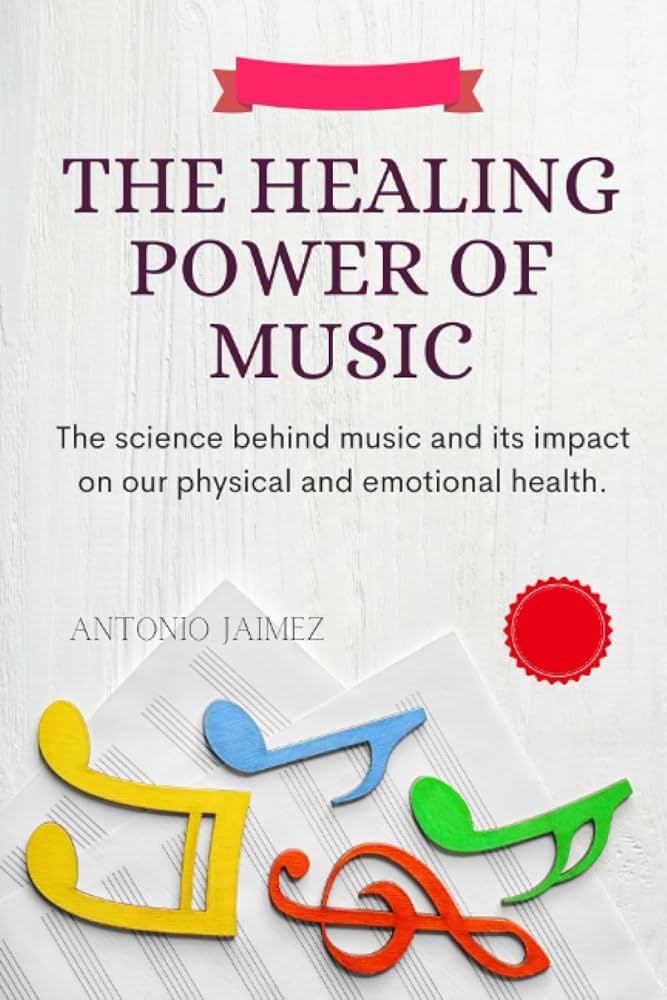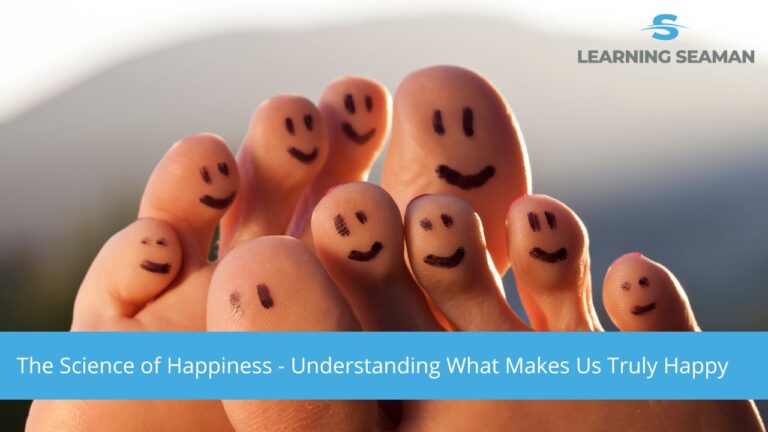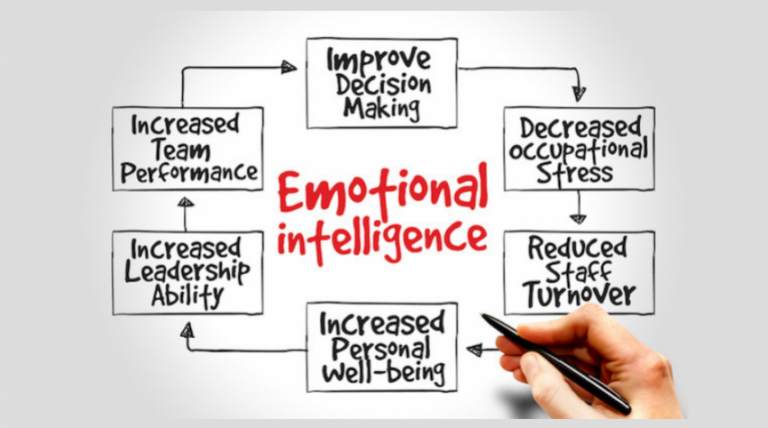The Impact of Music Therapy on Healing
**The Impact of Music Therapy on Healing** Music therapy significantly aids in emotional and physical healing. It reduces stress, pain, and anxiety, promoting overall well-being.
Music therapy uses sound to improve mental and physical health. This therapeutic approach leverages rhythm, melody, and harmony to reduce stress and anxiety levels. Patients undergoing music therapy experience enhanced emotional well-being and pain management. Music therapy sessions can be tailored to individual needs, making it versatile.
Studies show that music therapy accelerates healing in various medical conditions. This non-invasive treatment supports conventional medical practices. Music therapists work closely with patients to create personalized treatment plans. As a result, music therapy serves as a holistic healing method, enhancing quality of life.

Credit: medium.com
Introduction To Music Therapy
Music therapy uses the power of music to help people heal. This therapy uses sounds, rhythms, and melodies to improve health. Music therapy is effective for mental, emotional, and physical well-being.
Definition And Scope
Music therapy is a clinical and evidence-based practice. It involves using music to achieve therapeutic goals. These goals include stress reduction, mood improvement, and pain management. Music therapists are trained professionals. They design personalized music interventions for individuals.
Historical Background
Music therapy has ancient roots. Early civilizations used music for healing rituals. The Greeks believed in the healing power of music. In the 20th century, music therapy became a formal profession. It gained recognition after World War II. Soldiers used music to recover from trauma.
How Music Therapy Works
Music therapy is a powerful tool for healing. It uses music to address physical, emotional, cognitive, and social needs. This section will explain how music therapy works.
Mechanisms Of Action
Music therapy works through several mechanisms. It can change brain chemistry and improve mood. The rhythm and melody can stimulate brain regions linked to emotions. This can help reduce stress and anxiety.
Listening to music can also lower heart rate and blood pressure. It can relax muscles and improve breathing. These physical changes can promote healing and well-being.
Music therapy can also improve social interaction. Group music activities can help build connections and improve communication skills. This can be especially helpful for those with social difficulties.
Types Of Music Therapy
There are different types of music therapy. Each type uses music in a unique way to promote healing.
- Active Music Therapy: Involves playing instruments or singing. It can help improve motor skills and coordination.
- Receptive Music Therapy: Involves listening to music. It can be calming and help reduce anxiety.
- Improvisational Music Therapy: Involves creating music spontaneously. It can help express emotions and improve creativity.
- Songwriting: Involves writing and composing songs. It can help process emotions and experiences.
| Type of Therapy | Key Benefits |
|---|---|
| Active Music Therapy | Improves motor skills and coordination |
| Receptive Music Therapy | Reduces anxiety and promotes relaxation |
| Improvisational Music Therapy | Enhances emotional expression and creativity |
| Songwriting | Helps process emotions and experiences |
Each type of music therapy offers unique benefits. The choice depends on individual needs and goals.
Physical Health Benefits
Music therapy offers many physical health benefits. It can help people feel better. This is especially true for those in pain or those recovering from injuries.
Pain Management
Music therapy helps in pain management. Listening to music can reduce the feeling of pain. It distracts the mind and makes pain less noticeable.
- Music can lower the body’s pain signals.
- It can increase the production of endorphins.
- People often feel more relaxed.
Recovery Acceleration
Music therapy helps speed up recovery. Patients heal faster with music. It reduces stress and improves mood.
| Benefit | Effect |
|---|---|
| Reduces Stress | Less stress helps the body heal. |
| Improves Mood | Happy people recover faster. |
- Music makes the immune system stronger.
- It lowers blood pressure.
- People sleep better with music.
Mental Health Benefits
Music therapy has profound effects on mental health. It offers numerous benefits for emotional well-being. Listening to or playing music can transform your mental state.
Stress Reduction
Music therapy is a powerful tool for reducing stress. Listening to soothing melodies can lower cortisol levels in the body. Lower cortisol means less stress.
A study showed that music therapy reduced anxiety in patients. This was particularly true for those undergoing surgery. Classical music and nature sounds are especially effective.
| Type of Music | Effect on Stress |
|---|---|
| Classical | Highly effective |
| Nature Sounds | Very effective |
Mood Enhancement
Music therapy can also enhance your mood. Listening to upbeat music can release endorphins. Endorphins make you feel happy and energized.
Studies show that music therapy can reduce symptoms of depression. It can also increase feelings of joy and contentment. This makes it a valuable tool for mental health professionals.
- Releases endorphins
- Reduces symptoms of depression
- Increases feelings of joy
Listening to your favorite songs can boost your mood instantly. So, next time you feel down, try some music therapy!
Music Therapy In Different Settings
Music therapy is a powerful tool for healing. It can be used in various settings to enhance physical and mental health. Each setting offers unique benefits and tailored approaches. Let’s explore how music therapy works in different environments.
Hospitals And Clinics
Music therapy in hospitals and clinics helps patients manage pain. It reduces anxiety and improves overall well-being. Therapists use music to create a calming environment. This helps patients feel more at ease.
In pediatric wards, music therapy helps children cope with their illness. It distracts them from pain and discomfort. For adults, music therapy can aid in recovery after surgery. It speeds up the healing process by reducing stress.
Key benefits of music therapy in hospitals and clinics:
- Reduces pain and anxiety
- Improves mood and emotional well-being
- Enhances patient comfort
Rehabilitation Centers
In rehabilitation centers, music therapy supports physical and mental recovery. It helps patients regain motor skills and coordination. Music with a strong beat can guide movements and exercises.
Music therapy also boosts motivation. Patients feel more engaged in their recovery process. Group music sessions foster a sense of community. This social interaction is vital for mental health.
Key benefits of music therapy in rehabilitation centers:
- Enhances motor skills and coordination
- Boosts motivation and engagement
- Provides social interaction and support

Credit: www.childrens.com
Case Studies And Evidence
Music therapy has shown promising results in various healing processes. The following sections highlight successful interventions and scientific research that support the effectiveness of music therapy.
Successful Interventions
Music therapy has been used successfully in many cases. Here are a few examples:
- Autism Spectrum Disorder (ASD): Children with ASD showed improved social skills.
- Post-Traumatic Stress Disorder (PTSD): Veterans reported reduced anxiety and better sleep.
- Alzheimer’s Disease: Patients experienced enhanced memory and mood.
Therapists use different instruments and techniques. They tailor sessions to meet individual needs.
Scientific Research
Research supports the benefits of music therapy. Various studies have been conducted:
- Brain Imaging Studies: These show increased brain activity during music therapy sessions.
- Clinical Trials: Patients with chronic pain reported less pain after sessions.
- Meta-Analyses: Reviews of multiple studies show consistent positive effects on mental health.
Scientific evidence continues to grow. This makes music therapy a credible option for healing.
| Condition | Outcome |
|---|---|
| Depression | Reduced symptoms |
| Anxiety | Lowered stress levels |
| Stroke Recovery | Improved motor skills |
These studies highlight the broad impact of music therapy. It benefits both mental and physical health.
Challenges And Limitations
Music therapy has a positive impact on healing. But, it faces challenges and limitations. These issues can affect its success and accessibility. Below are some key challenges.
Accessibility Issues
Not everyone can access music therapy services. Geographic location plays a big role. Rural areas often lack trained music therapists. Urban areas have better access but can be expensive.
| Location | Access Level |
|---|---|
| Rural | Low |
| Urban | High |
Financial constraints also limit access. Many insurance plans do not cover music therapy. This makes it hard for low-income families to afford it.
- Geographic barriers – Rural vs. Urban
- Financial barriers – Insurance coverage
Cultural Considerations
Culture affects how people perceive music therapy. Different cultures have unique musical traditions. A music therapist must understand these differences.
Some cultures might not see music as a healing tool. They may prefer traditional medicine. This can create a barrier to acceptance.
- Musical traditions – Vary by culture
- Healing beliefs – Traditional vs. Modern
Language barriers can also pose challenges. Effective therapy requires clear communication. Misunderstandings can reduce the effectiveness of therapy sessions.
Addressing these challenges can improve the success of music therapy.
Future Directions
The world of music therapy is rapidly evolving. New technologies and research are shaping its future. These advancements promise to make therapy more effective and accessible. Let’s delve into the exciting future directions of music therapy.
Innovations In Therapy
Innovations in music therapy are changing the landscape of healing. Emerging technologies like virtual reality (VR) are being integrated. VR can create immersive musical experiences for patients. This can be particularly useful for pain management and stress reduction.
Another exciting development is the use of artificial intelligence (AI). AI can personalize music therapy sessions based on individual needs. It can analyze patient responses and adjust the music accordingly. This level of customization could lead to better outcomes.
The rise of wearable technology is also noteworthy. Devices like smartwatches can monitor a patient’s physiological responses. This data can be used to tailor music therapy sessions in real-time.
Expanding Access
Expanding access to music therapy is crucial for its future success. One way to achieve this is through telehealth. Telehealth allows patients to receive therapy remotely. This is especially beneficial for those in rural or underserved areas.
Community programs are another avenue for expanding access. Schools, hospitals, and community centers can offer music therapy sessions. These programs can reach a broader audience and promote mental health awareness.
Non-profit organizations are also playing a key role. They provide free or low-cost music therapy services. This helps individuals who may not have the financial means to afford therapy.
Finally, public awareness campaigns can educate people about the benefits of music therapy. Increased awareness can lead to higher demand and more funding for research and programs.
| Innovation | Benefit |
|---|---|
| Virtual Reality (VR) | Immersive experiences for pain and stress management |
| Artificial Intelligence (AI) | Personalized therapy sessions |
| Wearable Technology | Real-time session adjustments |
| Telehealth | Remote access to therapy |

Credit: lvbeethoven.com
Conclusion
Music therapy plays a crucial role in the healing process. It offers emotional and physical benefits. Patients experience reduced stress and pain levels. The therapeutic power of music should not be underestimated. Incorporating music therapy into treatment plans can lead to improved well-being and faster recovery.
Embrace music therapy for a holistic healing journey.






